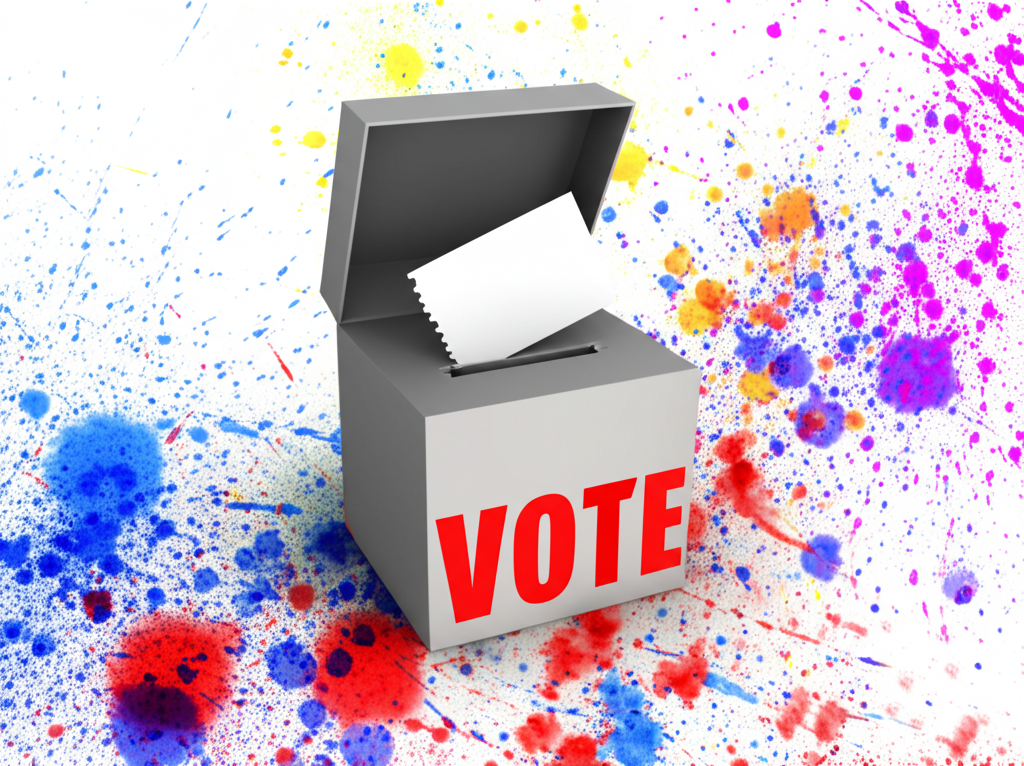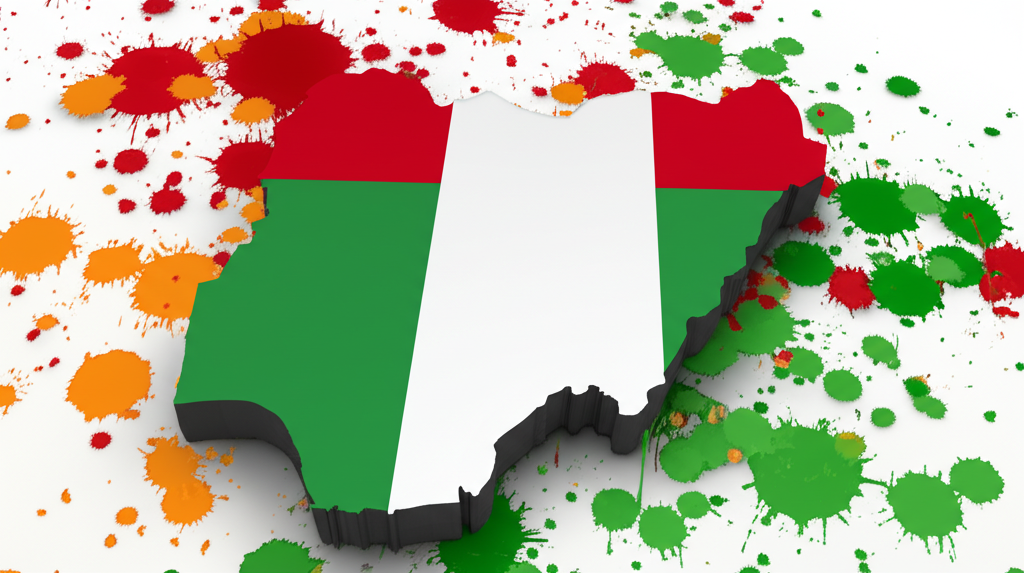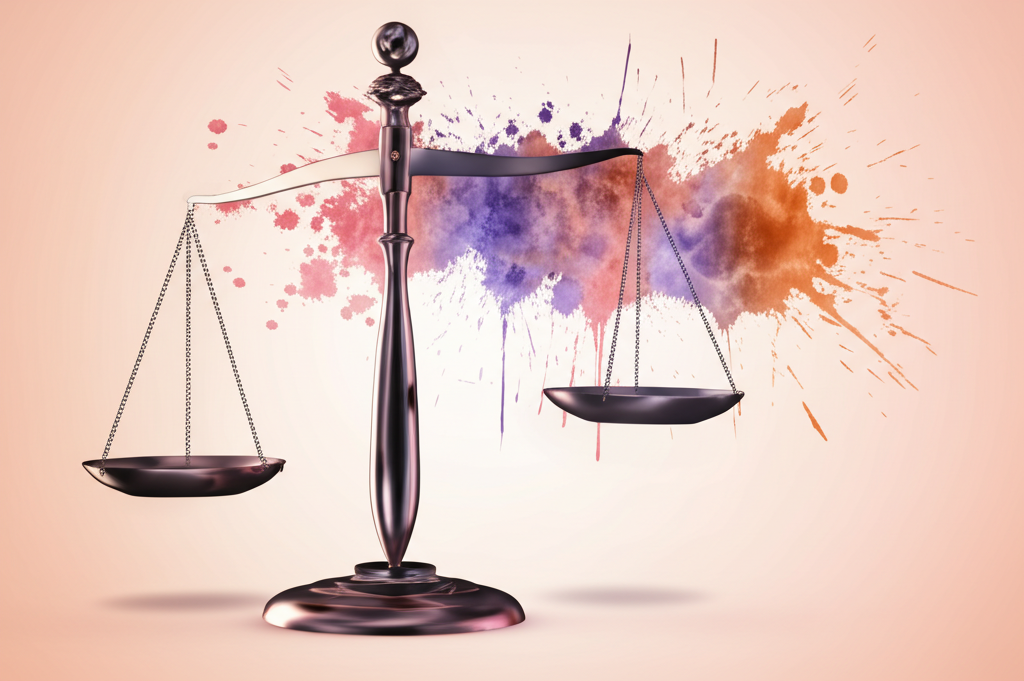In this Article:
- The push for an independent INEC and judiciary.
- The need to tackle godfatherism in politics.
- Calls for increased citizen participation.
- Reforms needed before the 2027 elections.
The Quest for Electoral Integrity: A 2027 Preview
Nigeria’s upcoming 2027 elections are already a hot topic. Critical voices are speaking up about the need to end the long-standing problems of godfatherism and election rigging. These issues have cast a shadow over the country’s democratic process since its return to civilian rule.
At a recent Subnational Strengthening Democracy Conference in Lagos, experts gathered to discuss solutions. The conference, a collaboration between several advocacy and development centers, focused on achieving good governance and political integrity.
Key Players Demand Independence
A major point of emphasis was the need for independence among key institutions. This includes the Independent National Electoral Commission (INEC), the judiciary, and security agencies. Stakeholders believe these bodies must operate without undue influence to ensure credible elections.
Why Independence Matters
- INEC: Needs to conduct elections impartially.
- Judiciary: Must resolve election disputes fairly.
- Security Agencies: Should prevent electoral fraud without bias.
Tackling Godfatherism: A Major Hurdle
Professor Sylvester Odion Akhaine, a pro-democracy advocate, identified godfatherism as a significant barrier to fair elections. He argued that when a few powerful individuals control who gets elected, it undermines the entire democratic system.
Citizen Participation: The Key to Change
Dr. Asekere Olujoke, a senior lecturer at Yaba College of Technology, stressed the importance of getting citizens more involved. She called for increased voter education, mobilization, and civic engagement to help people make informed choices at the polls.
Conference Asks for Actionable Reforms
The conference concluded with a communique outlining several key recommendations:
- Strengthening political parties by promoting internal democracy.
- Enhancing electoral awareness and voter empowerment.
- Reducing the high cost of governance and promoting fiscal accountability.
- Encouraging statesmanship among political actors to address godfatherism.
Looking Ahead to 2027
With the 2027 elections on the horizon, stakeholders are pushing for immediate reforms. The goal is to restore public confidence in the electoral process and ensure a more democratic Nigeria.
The Role of Security Agencies: A Call for Reform
Security agencies have a crucial role in preventing electoral fraud, voter impersonation, and ballot stuffing. However, there’s a perception that they often fall short. Reform is needed to ensure they prioritize electoral integrity over political interests.
It’s worth noting that Nigeria has a history of electoral violence, sometimes linked to the conduct of security personnel. Recent reports highlight ongoing efforts to train security forces in election security to mitigate these risks. [Premium Times]




